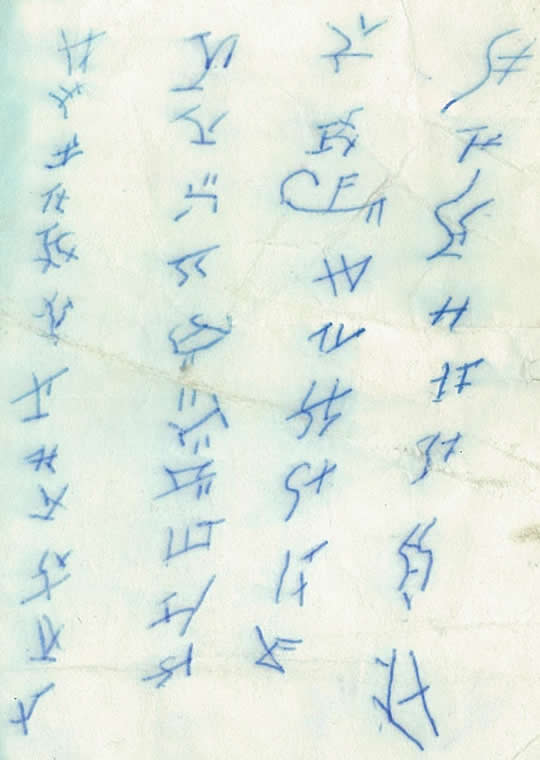In the Celtic languages when you want to say that you have/own/possess something, you say that the thing is at/by/with you, often with the prepositions merging with the pronouns.
For example, this is how to say ‘I have a book’ in those languages:
– Irish: Tá leabhar agam [lit. “is book at-me]
– Scottish Gaelic: Tha leabhar agam [lit. “is book at-me]
– Manx: Ta lioar aym [lit. “is book at-me]
– Breton: Ur Ul levr a zo ganin [lit. “a book is with-me”]
– Cornish: Yma lyver dhymm [lit. “here is book to-me”]
– Welsh (North): Mae gen i lyfr (North Wales) [lit. “is with me book”]
– Welsh (South): Mae llyfr (gy)da fi [lit. “is book with me”]
– Welsh (literary): Mae gynnaf llyfr [lit. “is with-me book”]
This kind of structure occurs in a number of other languages that don’t have the equivalent of the verb ‘to have’. Russian, for example, uses a similar construction to show possession:
– У меня есть книга (U menja est’ kniga) = I have a book [lit. “by/at me there is book”].
Do you know of any other languages that use this type of stucture?

